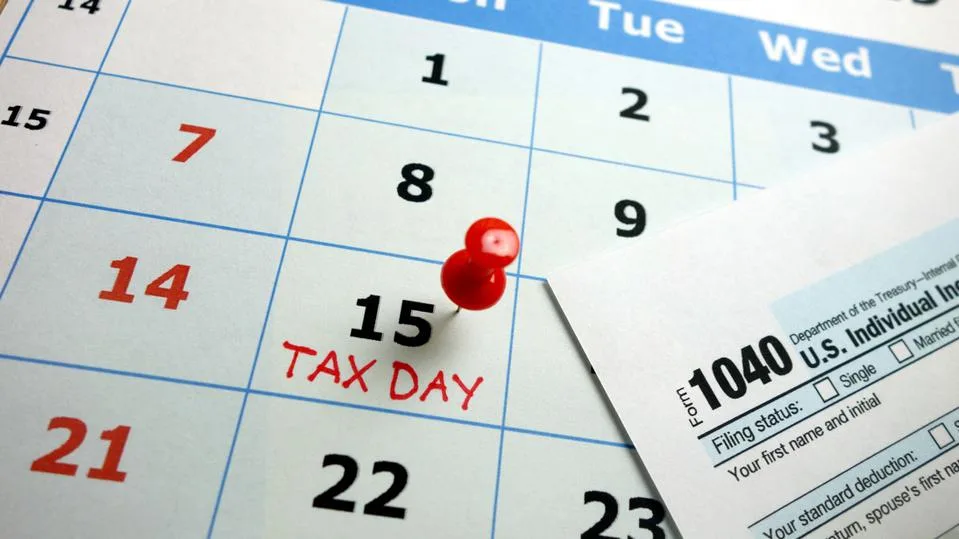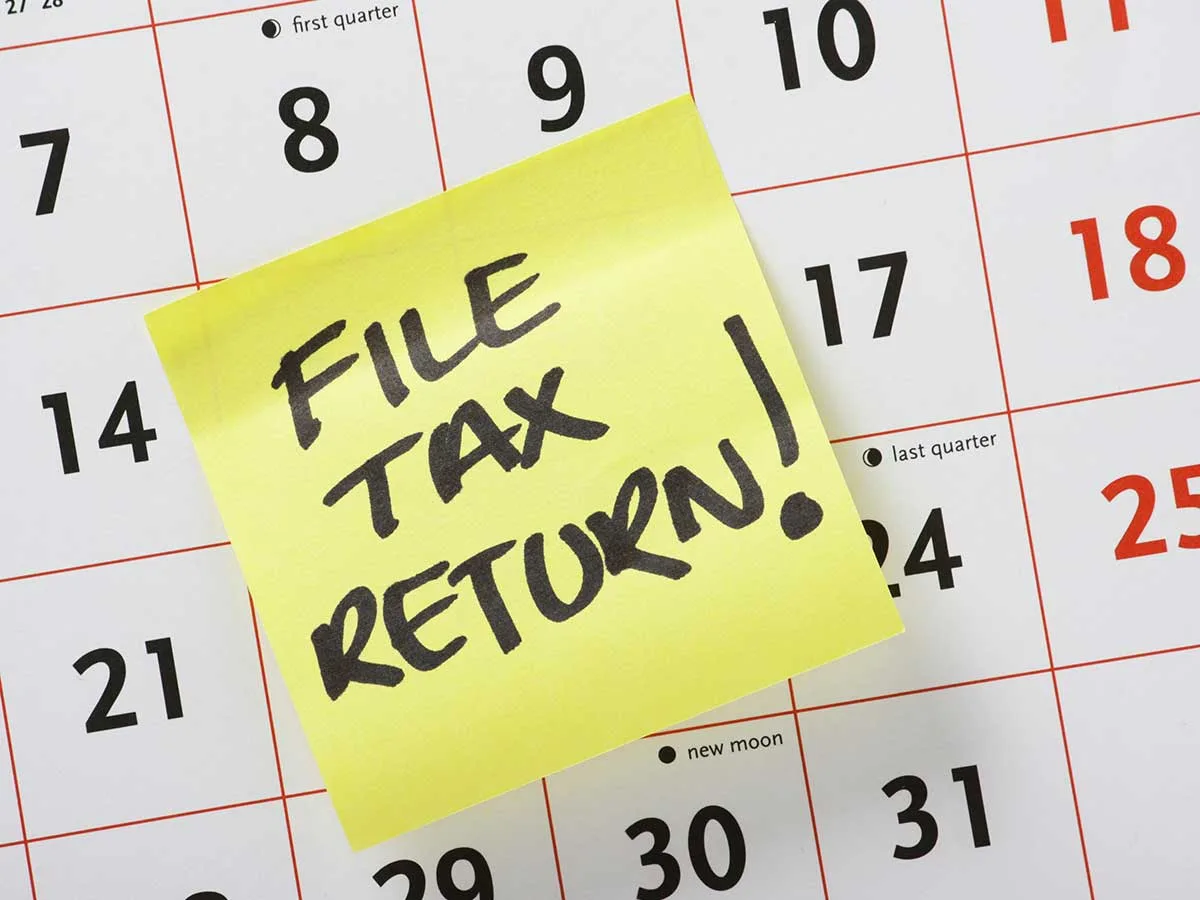2023 Canadian Tax Year-Important Dates
Stay informed about important Canadian Tax Dates in 2023 with this calendar.
January 1, 2023 The tax year begins on this date.
March 2, 2023 The deadline for making RRSP contributions for the 2022 tax year has passed.
January 22, 2023 The e-file service is currently unavailable due to maintenance.
February 24, 2023 E-filing is now available for Canadian residents and immigrants for the 2022 tax year.
February 28, 2023 The deadline for employers and the CRA to issue T4s, T4As, and T5s has passed (Canada Revenue Agency).
March 15, 2023; June 15, 2023; September 15, 2023; and December 15, 2023 Due dates for instalments in 2023.
April 30, 2023 (extended to May 2 due to April 30 being a Saturday) Individuals have until this date to file their tax returns for 2022 and pay any balances owed to the CRA.
June 15, 2023 The deadline for self-employed Canadians to file their tax returns for 2022 has passed. Any debts owed for 2022 must have been paid before April 30, 2023.
December 31, 2023 The tax year ends on this date.

Tax Tips for Individuals in Canada
Whether you are moving to Canada or embarking on a work-study journey, understanding your tax obligations is crucial for your financial well-being. Here are some helpful tips to consider:
- Residency Status Matters: Your residency status determines the amount of tax you need to pay in Canada. As a general rule, residents are taxed on their worldwide income, while non-residents are taxed only on income earned in Canada.
- Tax Obligations for Residents: If you are considered a resident for tax purposes, you are required to report your entire income, regardless of its source. This includes income earned both within and outside of Canada.
- Tax Obligations for Non-Residents: Non-residents must also report all of their income, but they are only liable to pay tax on income earned within Canada. Income earned outside of Canada is typically not subject to Canadian income tax.
- Determining Residency: Your residency status is determined by several factors, such as the amount of time you spend in Canada, residential ties, and the purpose and duration of your stay. In most cases, if you reside in another country for the majority of the year, you will be classified as a non-resident for tax purposes. Conversely, if you primarily live in Canada, you will likely be considered a resident.
- Seek Professional Advice: Determining your tax residency status can be complex, especially if you have ties to multiple countries. It is advisable to consult with a tax professional or seek guidance from the Canada Revenue Agency (CRA) to ensure you understand your specific tax obligations.
By familiarizing yourself with these tax tips and seeking professional advice when needed, you can navigate your tax responsibilities effectively and make informed financial decisions in Canada.
Understanding the Tax-Free Allowance
The basic personal tax-free allowance for 2021 has increased by $579. It now stands at $13,808, a $579 increase compared to the amount in 2018, which was $13,229.
When you start a job in Canada, you will need to fill out a form called TD1. This form determines whether you are eligible for the tax credit, although it may not be applicable in every situation.
To qualify for the personal tax credit, you cannot have worked in another country from January to December of the same tax year in which you worked in Canada.
Meeting the requirement of making at least 90% of your income in Canada is the sole condition for claiming the tax-free allowance.
Understanding Your TD1 Form
The TD1 form is essential to complete when starting or changing jobs. You will need to fill out two forms—one for the federal government and one for the province or territory where you work. Some sections of the form may seem confusing.
If you worked in another country before coming to Canada, it is crucial to consider this. It is important to ensure that at least 90% of your income was earned in Canada if you received income from another country within the same tax year.
Box 13 on the TD1 form asks if you spent more than 10% of the year outside of Canada. If this applies to you, enter “0” in that box and select “No” when asked if you are a nonresident.
Additionally, if you have multiple jobs, you need to be cautious not to claim the personal Canadian tax credit dates more than once. Only claim the credit for the job that pays the highest salary.
By being aware of these considerations and accurately completing your TD1 form, you can ensure the correct application of the personal tax credit and avoid potential errors.
Claiming Expenses
There are certain expenses, such as work-related and medical expenses, for which you may be eligible to receive reimbursement. If you are employed by a company, you might be able to claim a portion of your work-related expenses.
There are two ways to qualify for reimbursement:
- Your job contract stipulates that you are responsible for covering the expenses.
- In some cases, you do not receive an allowance to cover the costs. If you do receive an allowance, your employer includes it in your total income.
There are various examples of these expenses, including transportation costs, expenses related to electronic devices, accounting and legal fees, and the possibility of reclaiming the GST or HST taxes paid when purchasing these items. All expenses must be directly connected to your job, and it is essential to keep records of these expenses, such as invoices and receipts.
Remember to File Your Tax Return
To receive your tax refund, it is important to file your taxes before the April 30 deadline following the end of the tax year. You will need your social security number and your last pay stub to complete the filing process. Although the tax deadline is April 30, you can file your return as early as February after the end of the tax year.
If you have paid income taxes, you may be eligible for a refund in certain cases, such as:
- Overpayment into the Canadian Tax Dates Pension Plan.
- Overpayment for employer insurance.
By ensuring that you file your tax return accurately and within the specified timeframe, you can potentially receive refunds for taxes paid and any eligible overpayments.
The Importance of Tax Organization
Discover the valuable role CPAs play in assisting clients with their taxes amidst the pandemic. Gain insights into the latest regulations concerning office expense claims and essential considerations when filing tax returns for both incorporated and unincorporated businesses.











